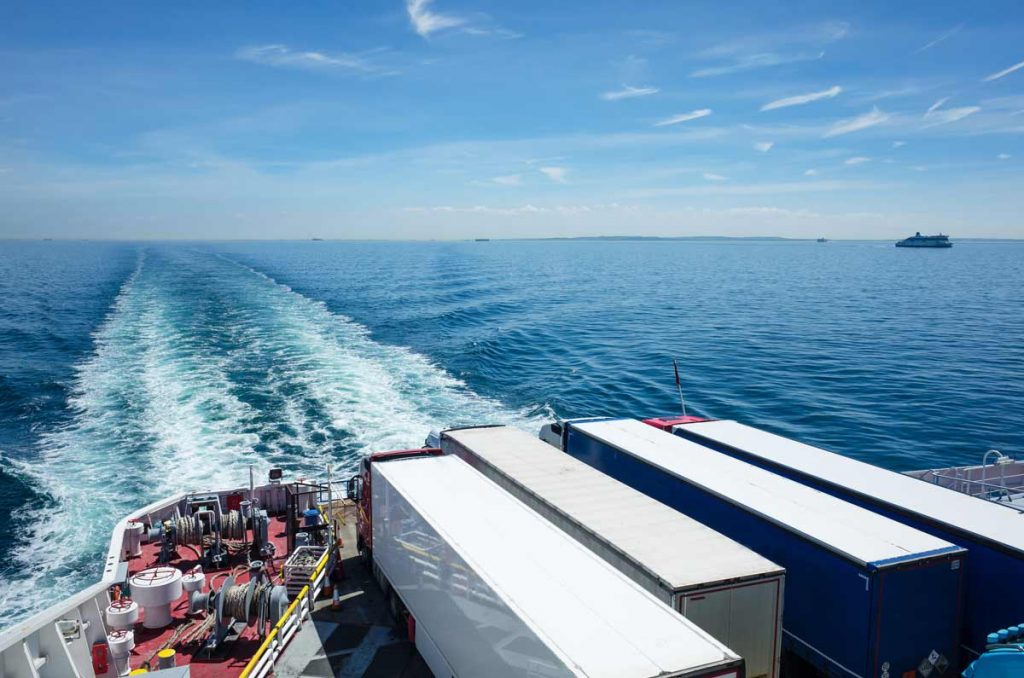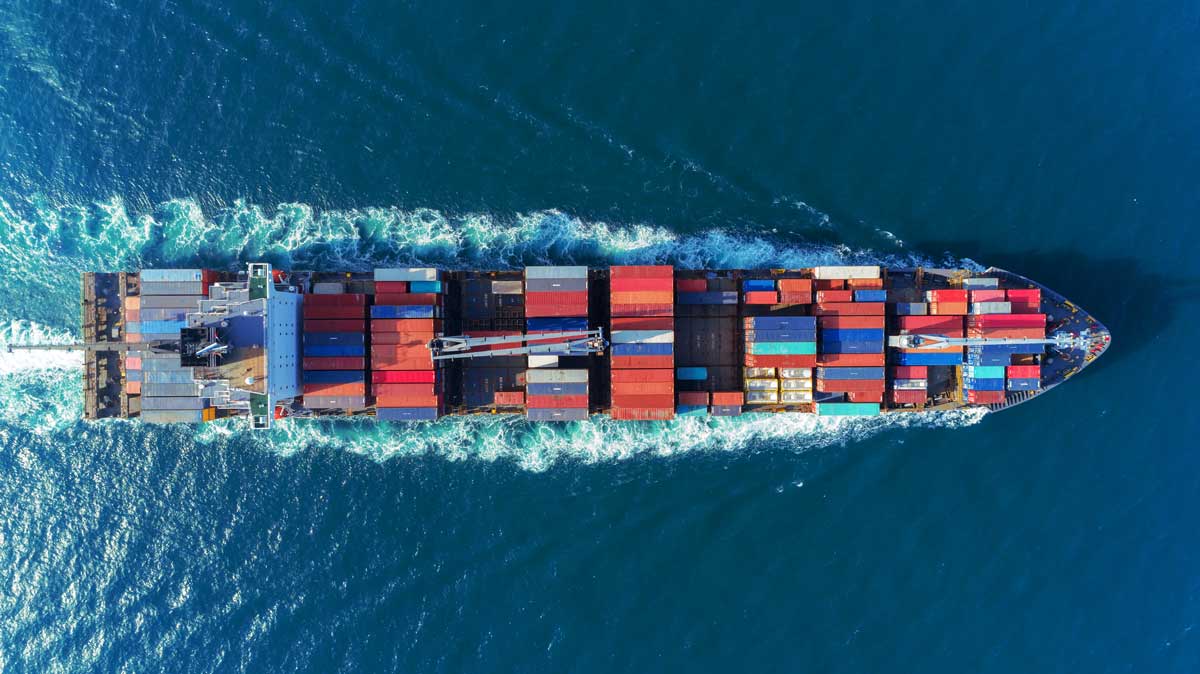The International Chamber of Shipping (ICS) are calling for new legislation to accelerate the use of zero carbon fuels in the shipping industry. As representatives of the world’s national shipowners’ associations and over 80% of the merchant fleet, the ICS have requested that the United Nations (UN) consider an internationally accepted market-based measure to help fund the implementation of zero carbon fuels.
How would the levy work?
According to the plan submitted by the ICS to the International Maritime Organisation (IMO), the levy would be based on mandatory financial contributions by vessels trading internationally. Any vessel exceeding 5,000 gross tonnage and trading internationally would be subject to the levy.
All money collected by the levy would go into an IMO Climate Fund. The money would then be used to establish a bunkering infrastructure at ports around the world to enable them to supply green fuels. Recent advancements in technology mean that the transition to zero carbon shipping is now possible. Firstly, however, the necessary infrastructure must be put in place to support the transition.
A global approach to zero carbon shipping

According to recent statistics, around 90% of world trade is transported by sea. Global shipping is responsible for almost 3% of the world’s carbon emissions. To reduce carbon emissions from shipping in line with the Paris Agreement, will require a universal approach which supports both developed and developing nations.
Unilateral approaches such as those proposed by the EU will only have a regional impact on carbon emissions. Although this approach may reduce carbon emissions in certain areas, the shipping industry requires an international strategy to implement the necessary technology and meet carbon reduction targets.
The ICS has stated that it aims to put zero carbon ships in international waters by 2030. This, however, must be done without negatively impacting safety or causing large price increases. With support from the IMO, the ICS believe that the transition to zero carbon shipping is achievable within the next decade.
